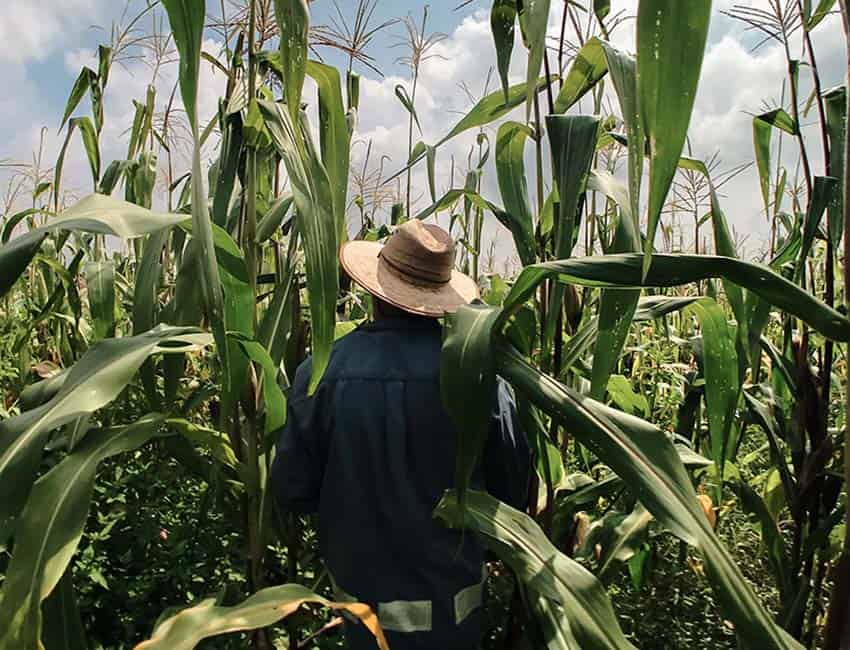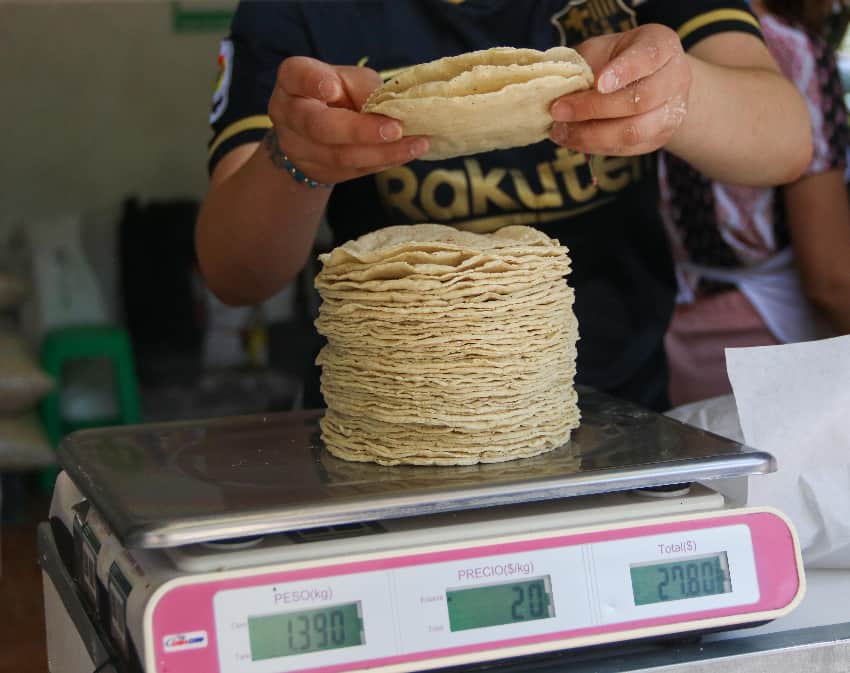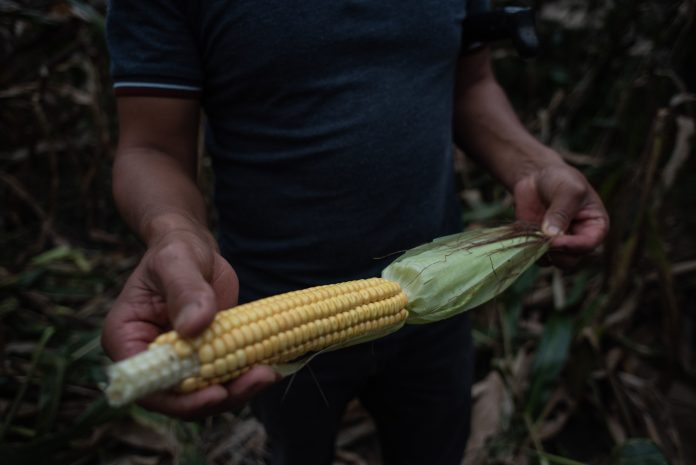The Mexican Ministry of Agriculture and Rural Development (Sader) predicts that domestic corn production will increase by 2 million tonnes in 2023, reaching a projected total of 28.5 million.
According to Sader, the estimated increase can be partially attributed to a government program to give free fertilizer to corn producers. The program’s objective is to boost domestic production in the face of challenges to meet domestic demand.

Sader pointed to the state of Guerrero as an example of the program’s success. There, delivery of fertilizer increased by 227 kilograms per hectare between 2018 and 2022, resulting in a production boost of 218,722 tonnes last year. Similar results were seen in Morelos and Tlaxcala, the federal agency said in a press release.
“Last year, [in Morelos], the total production was 190,910 tonnes, 28,560 more than 2018, which was 162,350 tonnes,” Sader announced. Tlaxcala also saw an increase of 68 kilograms per hectare — 361,413 more than in 2022, the agency added.
Bean production is also expected to increase by 18.9% by the end of the 2023–2024 agricultural cycle, for a total of 1.2 million tonnes of beans, according to the Agri-Food and Fisheries Information Service (SIAP).
Despite federal support, there has been tension between farmers and the Mexican government, as global volatility in the grain market has affected domestic producers. While the Segalmex food program guarantees set prices to small-scale producers, medium- and large-scale growers in Sinaloa — Mexico’s largest producer of corn — have recently called for the government to raise the minimum prices for grains like corn, wheat and sorghum.

The government’s financial support of farmers is intended to help the country achieve self-sufficiency for staple crops. The López Obrador administration has proposed a ban on genetically modified (GM) corn by 2024 citing health concerns, although the U.S. government has threatened to take punitive action under the United States-Mexico-Canada Agreement (USMCA) if the prohibition is not repealed.
With reports from EFE: Agro
